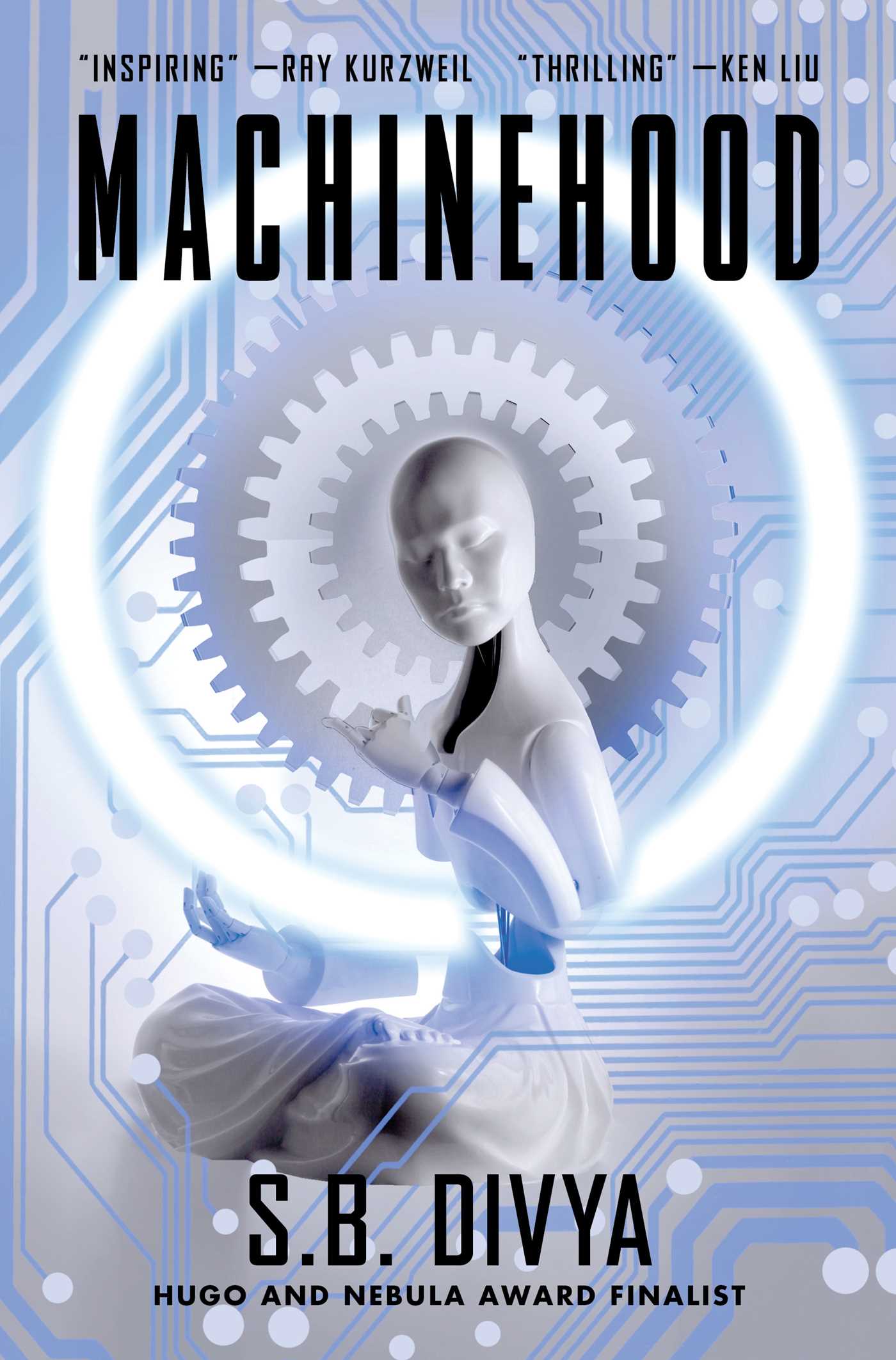
The Book of Records
by MADELEINE THIEN
A young girl named Lina and her father, exiled from a flooded near-future China, find themselves in a mysterious enclave called The Sea, where time and history blur and they encounter neighbors who embody the lives of Du Fu, Spinoza, and Hannah Arendt. Through interwoven stories of exile, memory, and philosophical inquiry, the novel explores the burdens of guilt, the search for belonging, and the ways personal and historical traumas echo across generations.
Reader Review Summary
Set in a speculative near-future shaped by climate catastrophe and mass migration, the novel follows Lina and her father as they arrive at The Sea, a mysterious, liminal enclave that serves as a waystation for refugees from across time and space. The Sea is depicted as a shifting, almost dreamlike place where the boundaries between eras are porous, and where Lina encounters neighbors who are reimagined versions of historical figures: Bento (Baruch Spinoza), Blucher (Hannah Arendt), and Jupiter (Du Fu). The narrative structure interweaves Lina’s coming-of-age and her relationship with her father—who harbors secrets about their family’s past—with extended, episodic retellings of the lives of these three intellectuals, each of whom faced exile, persecution, or displacement. The book explores themes of memory, guilt, responsibility, the ethics of storytelling, and the search for home, using the motif of three salvaged biographical books as a connective thread between the personal and the historical.
Readers praised the novel’s ambitious structure and philosophical depth, highlighting the intricate weaving of speculative fiction, history, and biography. Many found the prose to be lyrical, elegant, and quotable, with passages that lingered in the mind. The depiction of The Sea as a liminal, almost mythic space resonated with readers, as did the exploration of exile, statelessness, and the impact of authoritarian regimes on individual lives. The historical sections on Hannah Arendt, Baruch Spinoza, and Du Fu were often cited as particularly engaging, with some readers noting that these stories deepened their understanding of the philosophers’ personal struggles and intellectual legacies. The book’s meditation on the act of remembering and the mutability of historical record was also appreciated, as was the emotional core of Lina’s relationship with her father.
A significant number of readers found the novel challenging or confusing, citing its non-linear structure, abrupt shifts between timelines, and minimal signaling between narrative strands. Some felt that the philosophical and intellectual content was dense or inaccessible, with several reviewers expressing uncertainty about their own understanding of the book’s deeper arguments. The extended biographical sections on the historical figures were seen by some as overly detailed or disruptive to the main narrative, leading to a loss of narrative momentum. A few readers described the prose as “smoky” or elusive, making it difficult to follow the plot or connect with the characters. There were also comments that the book’s experimental style and cerebral focus might not appeal to a broad audience, and some readers chose not to finish the novel due to these challenges.
The book has drawn comparisons to works like “Cloud Cuckoo Land” and “Piranesi” for its interwoven timelines and metafictional approach. It is frequently described as a demanding read that may reward rereading, with some reviewers suggesting that a physical copy would aid in navigating its complex structure. The novel’s engagement with themes of migration, historical repetition, and the ethics of testimony is set against a backdrop of contemporary concerns about climate change and the rise of authoritarianism. While the book is often linked to the author’s previous work, “Do Not Say We Have Nothing,” it is noted for expanding on similar ideas of exile, memory, and the power of literature. The average reader rating is 3.72 out of 5, reflecting a mix of admiration for its ambition and frustration with its difficulty.
Copyright ©2024 Hidden Sci-Fi






